Dr. Dinh Duy Hoa - former Director of the Department of Administrative Reform, Ministry of Home Affairs - said that civil servants who are subject to downsizing in the coming time should objectively look back at themselves.
A few days ago, VietNamNet published an interview with the article "Those who are afraid of streamlining are not worthy of continuing to be civil servants". Do you share this view with Dr. Doan Huu Tue - the interviewee? To me, Dr. Tue's case of leaving the state environment does not represent the majority. If Mr. Tue himself had remained as a civil servant, with such capacity, he would certainly have continued to rise. Mr. Tue is not a case of feeling stuck or being ostracized before leaving. This doctor is also different from the streamlining cases in the coming time, when the majority will be people whose capacity is no longer suitable, does not meet the job requirements or "has problems". However, Mr. Tue's story also sounds the alarm about the fact that there are talented people with real capacity, but for some reason they still leave. That will be a loss for the state apparatus. Need for the courage of the "chief" What is your opinion about the group of people who "deserve to be streamlined"? Currently, the agencies have just started to reorganize, and there is no specific list or roadmap yet. But in my opinion, we can divide the subjects into two groups. The first group is in the agencies that stop operating, and will be affected immediately. But this group is not as numerous as the second group, in the merged administrative agencies. 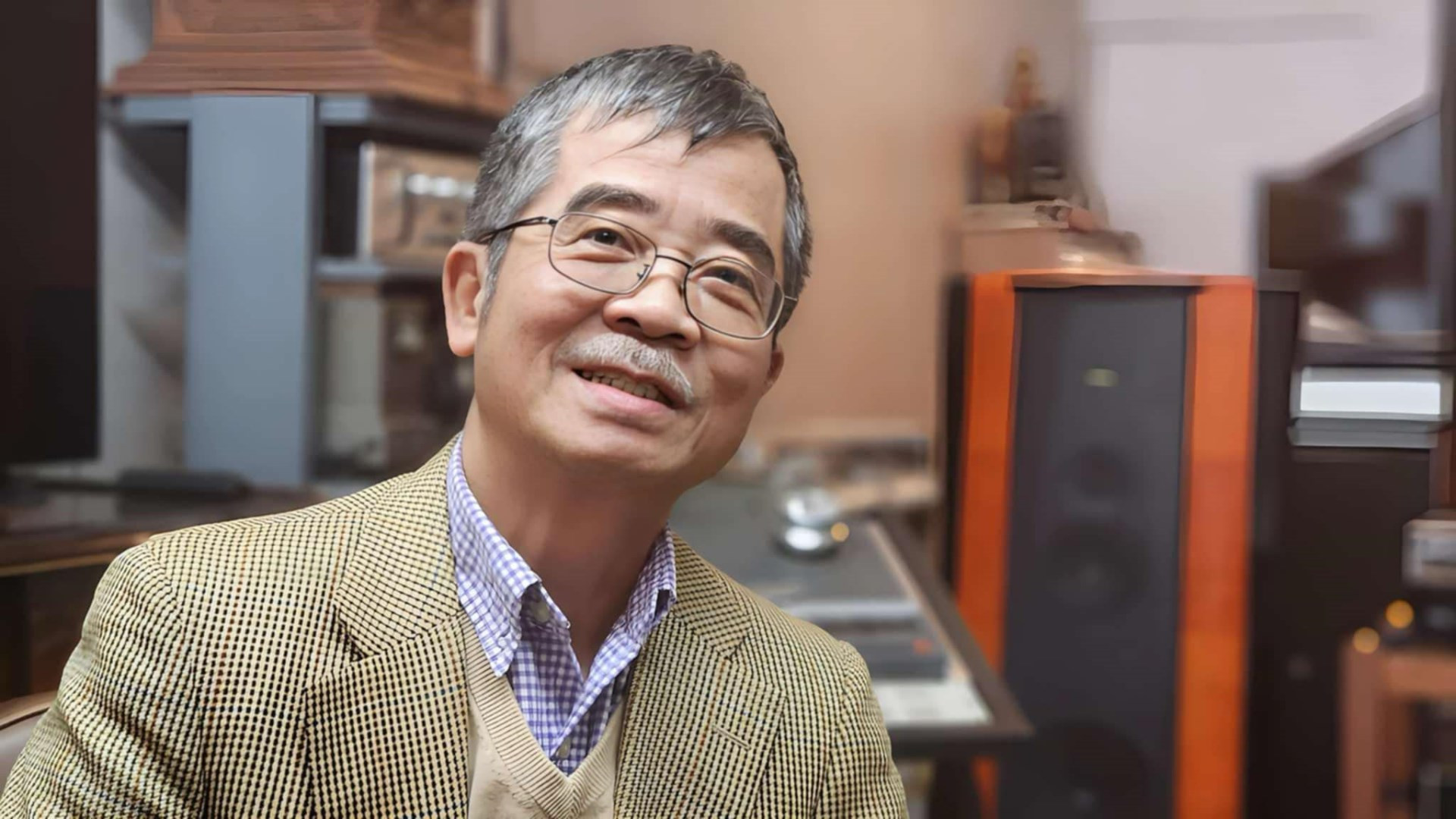

Dr. Dinh Duy Hoa: Usually, the leader has a firm grasp of the team, clearly knowing who is good, who is good, who is not. Photo: Hien Anh
With this second group, I see that people pay little attention to how current civil servants enter the state environment. In my opinion, these civil servants should try to think about how they entered the work and what they have done in the past years. When I was working, there were times when I went on business trips to my locality, people half-jokingly told me that if I asked someone at work, don't ask "What major did you study?" but ask "Whose family are you from?" . It is not for nothing that "folklore" has a saying summarizing the criteria for recruiting and promoting cadres and civil servants: "First, relationships/Second, money/Third, descendants/Fourth, intelligence" . If they entered the civil service through money and relationships, what would be so great about their contributions? Those who entered the civil service through the first three ways, maybe not all, but most of them need to be questioned about their abilities. Because at least, even with the civil service exam to select fairly, they were not able to pass. Of course, there may be people who enter the system through these three paths and are also successful when working, but this number is not many. As for those who enter the civil service through their own abilities, I affirm that if we evaluate fairly, the possibility of them being eliminated is very low. Based on their work results, how can we tell them to leave? During the time of personnel arrangement, in your opinion, is it possible that everyone competes to work to avoid being downsized? This is unlikely to happen. It is possible for a person to rise from a little bit bad to a little bit good, but it is difficult to jump to a good level and avoid being eliminated immediately. Usually, the leader has a firm grasp on the team, who is good, who is good, who is bad, all are clear. However, the evaluation method as before has basically failed to identify correctly. In the past, every year, statistics showed that less than 1% of civil servants did not complete their tasks. In the past few years, this number has been a little different, but it still does not reflect the reality. Previously, unit leaders did not evaluate civil servants and public employees properly and objectively because, in addition to the reason that the legal regulations on evaluation were not suitable, there was also the reason that lay in the need to keep things peaceful and be on the same page with each other. There are people who do not have significant products all year, and are only assigned to attend meetings... Everyone knows it, but with the current management style, it is okay, and at the end of the year, they are still classified as having completed their tasks well. But in the future, when forced to reduce staff, units will have to evaluate differently. Of course, the controlling relationships are still there, but will they dare to expose the evaluation of the team? Are leaders brave enough to evaluate fairly and objectively? If the cases of downsizing are due to capacity and operational efficiency, can we expect a "transformation" when they are forced to leave their familiar environment? When forced to leave the system, in general, everyone is bewildered, except for a few people who already had a "side job" while in the state payroll. The Minister of the Interior has talked about "outstanding policies" when streamlining civil servants, I hope they will be appropriate policies. In my opinion, for those who are not redundant but have average capacity, and only have a few years left to retire, if there is a good policy, they will probably be willing to retire early. For those whose capacity does not meet the requirements and must be downsized, we can refer to some solutions that China has applied when reducing 50% of the payroll in the public administration. First of all, if there are other job positions within the agency with lower requirements that they can still do, then find a way to arrange them. Or we can send these civil servants to subordinate agencies and organizations if their capacity is considered to still be able to do the job. Another option is to send civil servants for training so that they can adapt to other jobs in the future, while still receiving full salary while studying. Or another way is to let them receive salary for 2 years to apply for jobs themselves. The last option is to let them leave the system. Apart from the human factor, what is the first issue to pay attention to when implementing the apparatus arrangement, sir? In my opinion, the issue to pay attention to is the time to stabilize the apparatus after the arrangement. According to the orientation, the total payroll of the new agency formed from the merged agencies does not exceed the total payroll of the old agencies. If there is excess personnel that does not meet the requirements, they will be arranged gradually within 5 years. However, 5 years is not a short period of time. What we hope for in the new apparatus, as General Secretary To Lam said, is that it must be better than the old apparatus. However, if the above orientation is followed, the new apparatus in this newly merged agency will still have the same number of people as before, and will exist for 5 years. If the organization is arranged "well" without appropriate adjustments in personnel, the operation will certainly not achieve the target. I think that after 2 to 3 years, the personnel issue will have to be sorted out, and it will take too long to completely resolve it after 5 years. This leads to the consequence that the new organization, according to the direction, is streamlined, the internal structure is streamlined but the operation is the same, the people are the same. If so, the operational efficiency will probably not change. The policy to attract talented people must be truly "right" In an interview with VietNamNet more than 10 years ago, you mentioned the story of age restrictions in the public sector, inflexible regulations and conditions. Has this been fixed yet, sir? I see that the policy on this issue has not changed. The regulations still control age and criteria, not opening up real opportunities for talented people in the private sector to feel that working in the public sector is convenient and worthy. For example, the senior specialist exam is almost closed to outsiders because of the standards set. So, how can we attract talented people? Public service units also try to attract talented people to work by signing contracts, but this method is not sustainable. Meanwhile, since 2017, the Government has issued a decree on policies to attract and create a source of cadres from excellent university graduates and young scientists with many incentives for this group. However, I think there is a confusion here between being good at studying - showing qualifications - and being good at public service. If we continue to maintain and promote this way of doing things, it is a mistake. Because those people may be good at studying in school, but how can they be good at public service right away? This is not a way to attract truly talented people, but only attract talented people. But surely talented people who have the qualities, when they start working, can develop their abilities immediately in a short time, different from those with average academic ability, right? But when they are not good or talented right away, they cannot be given such preferential treatment, because it will create injustice to other civil servants. I have known cases of people who studied straight from bachelor's to master's and then doctorate with excellent results, and were recruited directly into the civil service without taking an exam. When they started working, they were appointed to the level 3 specialist position, with a salary coefficient of 3.00; and at the same time, they received an additional 100% allowance. If compared, this income would be equal to that of a normal civil servant who worked for 20 years. Moreover, I also know cases where people who were given such preferential treatment still did very ordinary work when they first started, it took them a few years to get used to the environment, learn how to do things that were not taught in school, but their income was the same as that of skilled workers. So what needs to be done to attract truly talented people into the civil service, sir? In the past, the Korean government apparatus was almost closed to “outsiders” for a long time, only opening at the civil service exam level 9 (the first level). After reaching level 9 and level 8, if you want to move up to level 7, you have to take the exam, from level 7, level 6 to level 5, you also have to take the exam but it is almost closed, meaning that only those who are in the system can take the exam. Later, the Government saw that it was not good, so it decided to reserve a certain percentage of quotas in each promotion exam for outsiders. The same is true in our country, policy makers must change their thinking, must make the door to public service open to those who want to enter through competitive exams, through which they can mobilize and attract talented people from the private sector to the public sector. Once the thinking is open, there will be a compatible institution immediately.Vietnamnet.vn
Source: https://vietnamnet.vn/hay-trung-thuc-tra-loi-minh-vao-cong-chuc-bang-duong-nao-lam-viec-ra-sao-2355313.html







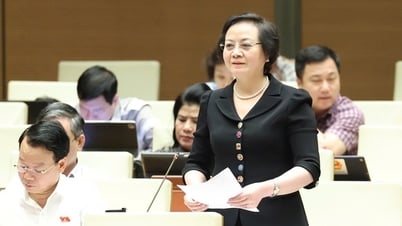





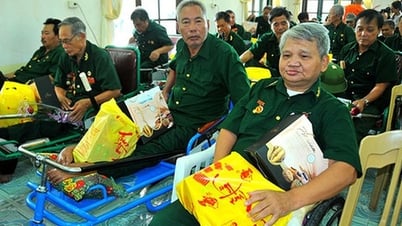
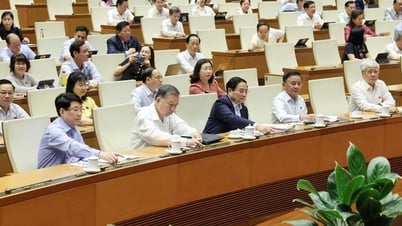
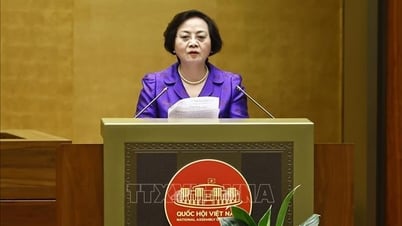


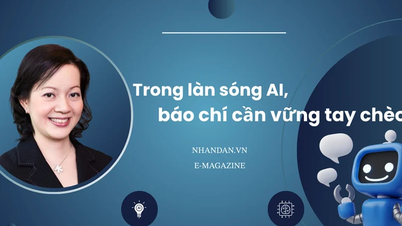


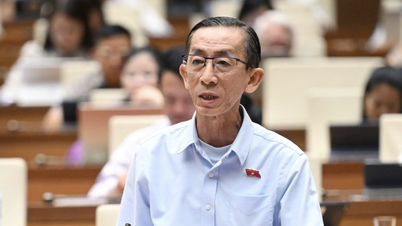
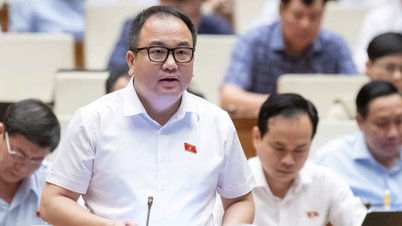

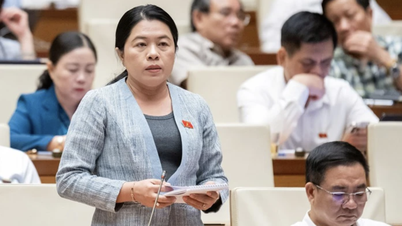






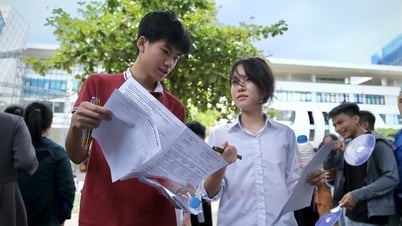



















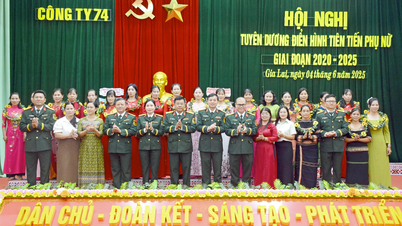















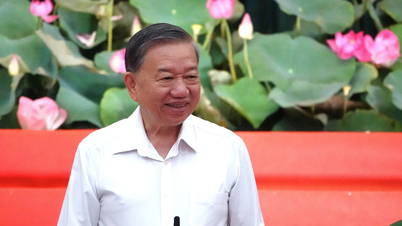
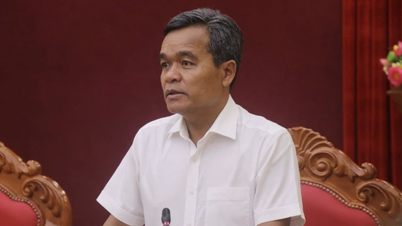
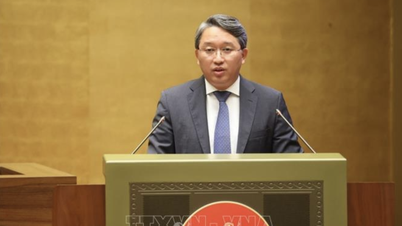


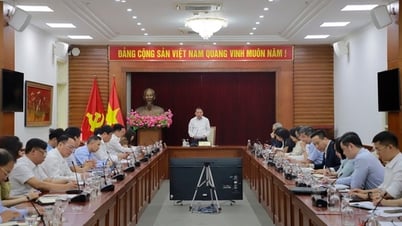
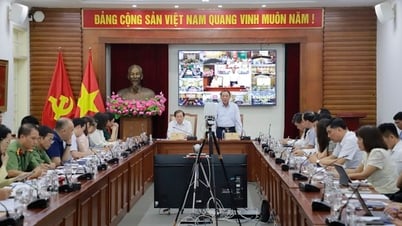



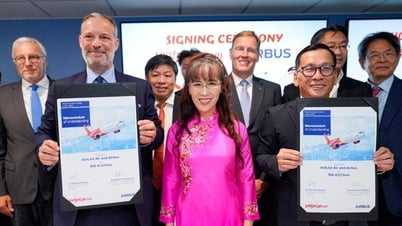

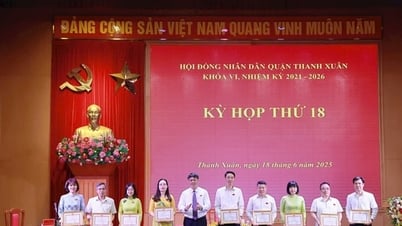



















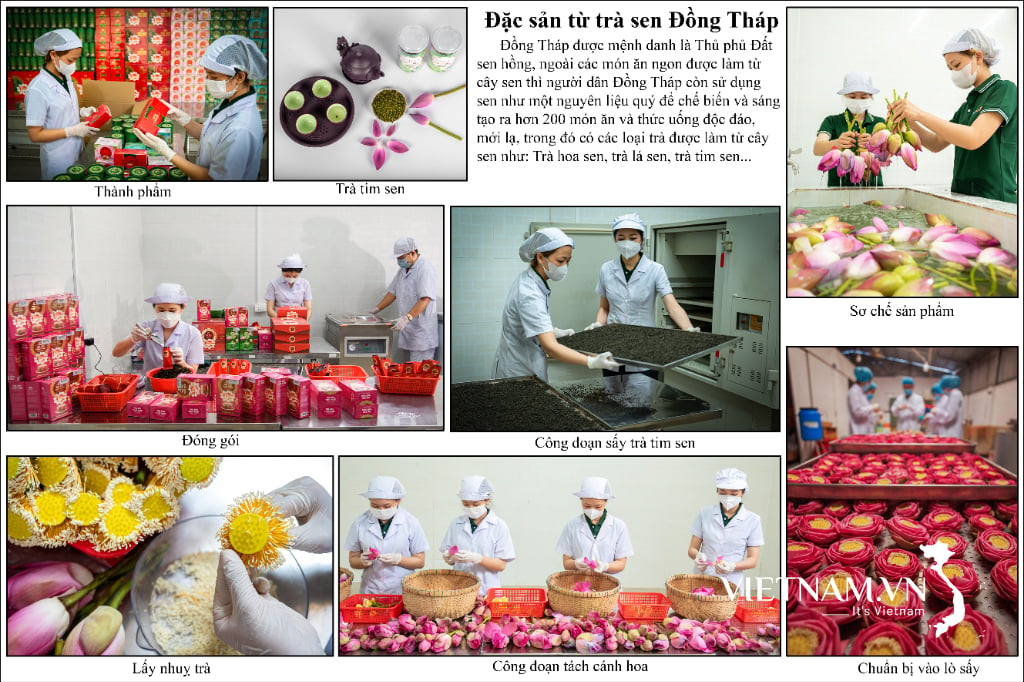



Comment (0)